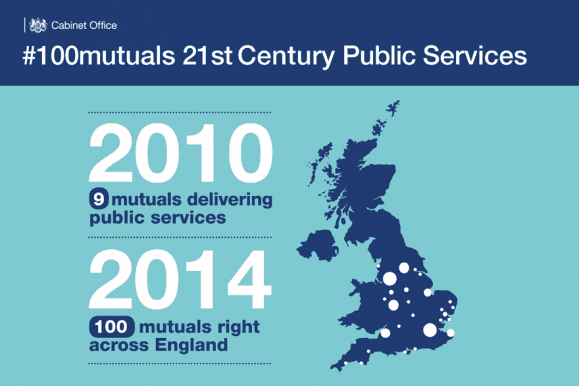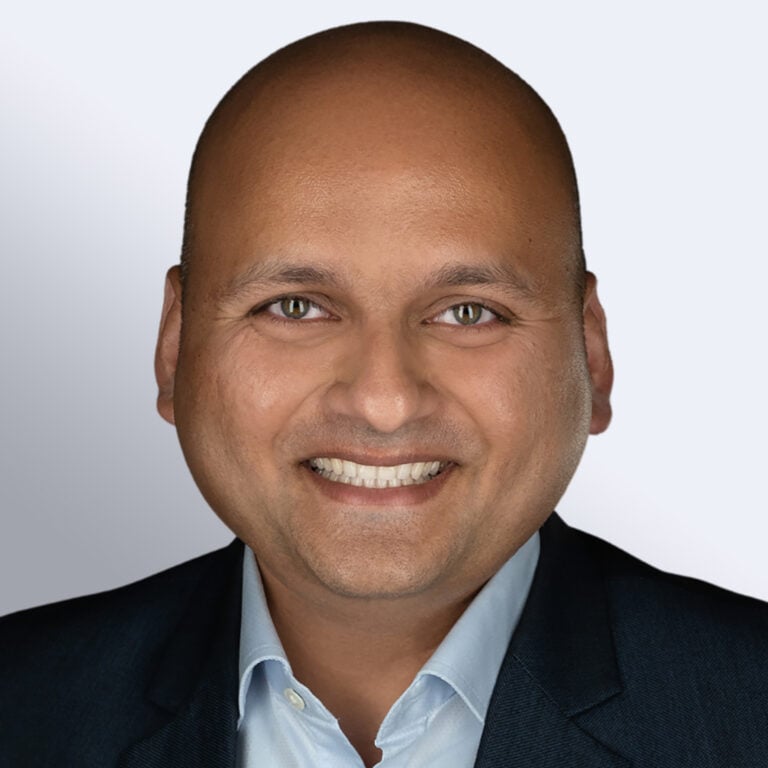
Stephen Kelly, the UK government Chief Operating Officer (COO) is to step down from his role in November to become CEO of Sage, the UK software company. Kelly was appointed Government COO back in 2012. He has played a key role in the Cabinet Office’s efficiency agenda since 2011, when as Crown Commercial Representative, he managed the government’s relationship with IT suppliers such as Oracle, SAP and Microsoft.
Kelly has been the driving force behind a team that has implemented government policy to overhaul the way the UK government does business with the private sector as well as generate internal efficiencies. This has led to £14.3 billion of efficiency savings in 2013-14 against a 2009-10 baseline:
- The biggest saving by far, £5.4 billion, has come from improving the government’s commercial contracts, including the new Crown Commercial Service which is overhauling central government procurement. Other efficiency measures have included:
- £4.7 billion from reducing the size of the civil service by 16% since 2010, and reforming civil service pensions
- £3.3 billion by tackling inefficiency through large scale projects
- Over £200 million by going digital—moving more services online, improving the citizens’ online experience and also overhauling technology spend, e.g. £62 million was saved by merging government websites into GOV.UK.
Measures for efficiency and reform have included centralization, shared services, creating public sector mutuals and joint ventures with the private sector to make more of government assets and capabilities.
Centralization and shared services: In the past few years, the Cabinet Office focus on centralization and shared services has seen the creation of the G-Cloud, the consolidation of government back office shared service centers into ISSC 1 and SSCL, and the creation of the new Crown Commercial Service that is to provide centralized procurement and managed services.
Joint ventures: These have included:
- Axelos: a JV with Capita to increase the sale of the government’s best practice methodologies such as ITIL and PRINCE2
- SSCL: with Steria, to initially consolidate a number of government back-office shared services but to offer other shared services in the future to public and private bodies
Mutuals: The move towards mutual organizations partly owned by their employees — At the time of his appointment in 2012, Kelly had successfully spun out the government pension body, MyCSP into an independent mutual company. He has since overseen the setting up of over 100 public services mutuals.

SMEs: Increasing small medium sized (SMEs) organization’s share of government contracts by mandating that large suppliers subcontract part of their work to SMEs.
The government efficiency measures will continue after Kelly’s departure but the style of implementation is likely to change with a new appointment. Many large suppliers will be hoping for a softening of approach towards them.
The general election due in 2015, is also unlikely to lead to major change. The entities might morph into something new, as we have seen with the change of Government Procurement Service (and its predecessors) to the Crown Commercial Service, but the thrust of activity is expected to stay the same whether or not a different party gets into power.
We will not know how successful some of these measures will be for a while, e.g., will the mutual model lead to improved productivity as the Cabinet Office hoped it would, or will the government generate some revenue from its JVs as well as see improvements in services. The involvement of large service providers with experience in this type of work is with the end in mind. For example, Steria, the government’s SSCL JV partner, has been running NHS SBS shared services for many years.
Kelly leaves just as the government is recruiting for a new post, a chief executive officer (CEO) for the Civil Service, most likely to whom, Kelly would have reported. The CEO post is the evolution of the role that originally started as something of a government CIO/head of e-government back in the mid-noughties. Several reincarnations later, it shows the government’s approach to reform increasing in maturity, to have a central driver to reduce expenditure, make more of assets and improve management of suppliers. The results of the general election is unlikely to affect this, even if some aspects of policies change along with titles and personnel.
Photo credit: Nieske Vergunst










